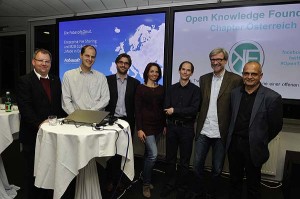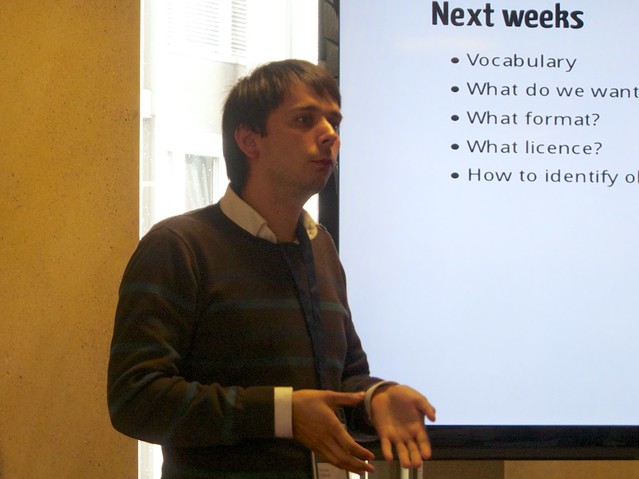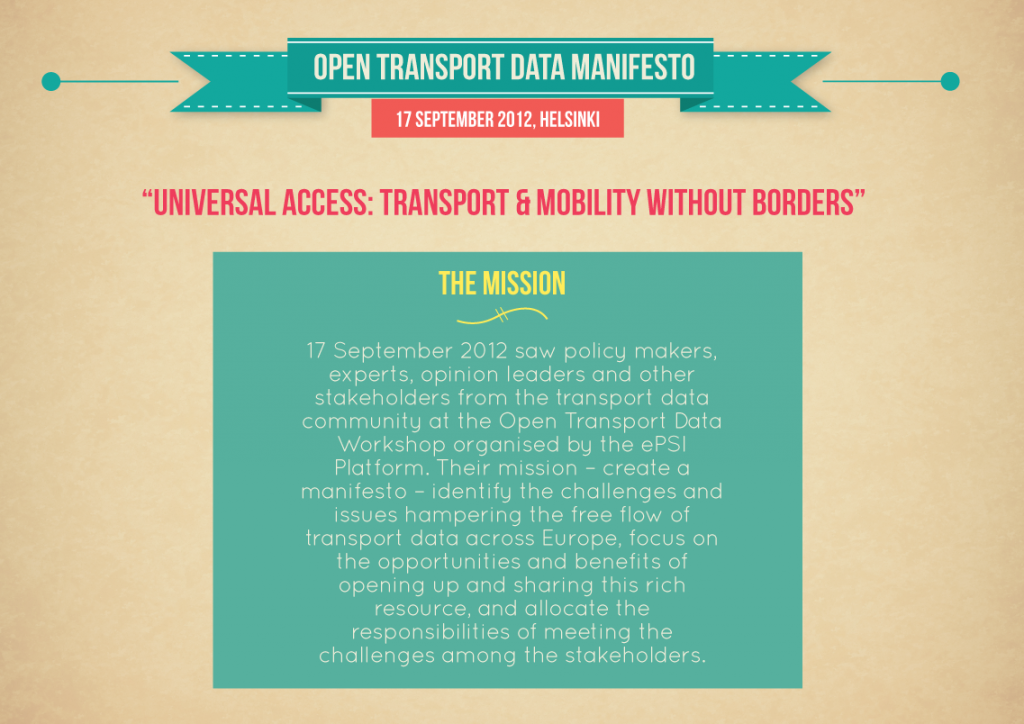Launching the Linked Open Transport vocabularies
Pieter Colpaert - October 23, 2014 in featured, News
How far do you live from work?
Did you answer this question in minutes or in kilometers? Many answer this in minutes. Now, imagine how machines would have to get to know the answer to such question for you: it would need a lot of data.
That data is in some cases, e.g., for Amsterdam, already sufficiently available as open data: open street map and the openOV initiative in The Netherlands help. Yet, to achieve this system, we need to do a huge job in integrating data and integrate these datasets on 1 machine. What if we can advance on the state of the art and use Semantic Web/Linked Data technologies to facilitate all this?
This is what I need for my PhD as well. So, we have started creating 4 vocabularies: one for transit feeds or timeschedules, one for categorizing transport datasets, one for road traffic events and one for real-time arrivals and departures of public transport.
One of these vocabularies has now been released: http://vocab.gtfs.org/terms# – the Linked GTFS vocabulary. You can help out building these vocabularies at our github repository, or you can just dig in and start using our terms. You can now browse this at our Linked Open Vocabularies project:
http://lov.okfn.org/dataset/lov/details/vocabulary_gtfs.html
 Open Knowledge Open Transport Working Group
Open Knowledge Open Transport Working Group 

